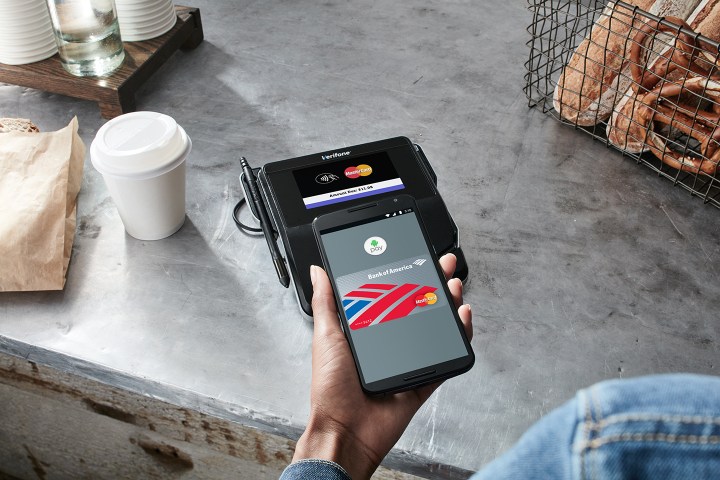
Each time someone uses Android Pay, from now until December 31, the company will donate $1 — until it hits $1 million — to special needs education projects. The campaign is a push from Google’s charitable arm, Google.org, which is teaming up with the Android Pay team and DonorsChoose.org.
DonorsChoose.org is an online charity that makes it easy for teachers to post classroom project requests and for people to support them through donations. Once a project is funded, the company ships the materials — ranging from pencils to microscopes — to the teacher.
On Black Friday, the Google’s donation will double for every purchase made with its mobile payment system.
“Teachers spend nearly $500 out of their own pocket each year to outfit their classrooms with enriching projects and programs,” said Sherice Torres, marketing director for Android Pay, in the blogpost. “Since each student learns differently, let’s support special needs classrooms across the country to make education more inclusive for every kid.”
Though Google Wallet has been around for a while, Google launched Android Pay in September. It’s a more secure tap-and-pay service that requires NFC and is built into the
Google says more than 1 million locations accept Android Pay, but with Apple Pay building interest in contactless payment, NFC adoption could rise. Mobile payment company Square announced recently that it will now accept mobile payments, thanks to a new contactless reader and chip-card reader. The new feature is being tested with 100 local businesses in major cities such as New York and Chicago.
While adoption is growing, many banks and businesses are lining up to support mobile payments. You can check if your bank supports Android Pay here, and you can grab it on the Play Store for Android here.
Editors' Recommendations
- Google is paying a historic $85 million fine after illegally tracking Android phones
- What is Google Pay, and how do you use it?
- You can now use an Android phone to log in to Google on an iOS device

